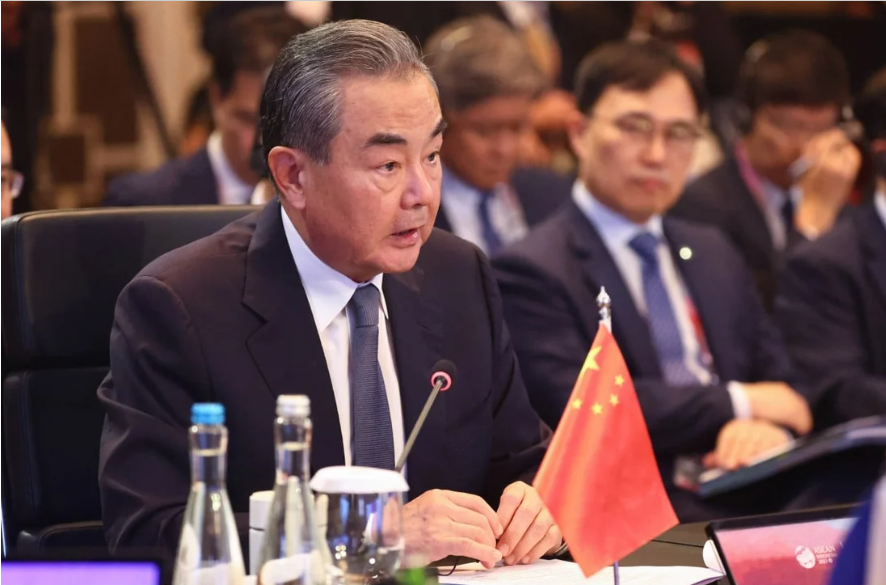- Both countries should adhere to ‘strategic judgment’ that they pose no threat to each other, says top Beijing diplomat Wang Yi on Brics sidelines
- Push comes in South Africa at meeting of emerging economies bloc that China and Russia favour expanding while India balks
Just days after India rejected Chinese carmaker BYD’s US$1 billion bid to set up an electric vehicle factory in the country citing security concerns, Beijing’s top diplomat urged New Delhi to stabilise bilateral ties for the benefit of both sides.
Wang Yi met with Ajit Doval, India’s national security adviser, on the sidelines of a gathering of Brics members in Johannesburg on Monday, calling for policies to “enhance strategic mutual trust” and “focus on consensus and cooperation”, a Chinese foreign ministry readout said.
Do you have questions about the biggest topics and trends from around the world? Get the answers with SCMP Knowledge, our new platform of curated content with explainers, FAQs, analyses and infographics brought to you by our award-winning team.
New Delhi has not yet issued its account of the conversation, but the Chinese readout said Doval acknowledged that “the destiny of the two sides is closely linked, and it is necessary to rebuild strategic mutual trust and seek common development”.
Relations between the two neighbours have been particularly tense in recent years following a brawl in 2020 along their disputed border in the Kashmir region where at least 20 Indian and four Chinese soldiers died.
Yet Beijing and New Delhi have kept up efforts at dialogue. Earlier this month Wang met with his Indian counterpart Subrahmanyam Jaishankar on the margins of an Association of Southeast Asian Nations meeting of East Asian foreign ministers in Jakarta.
During his meeting with Jaishankar, Wang urged India to meet “China halfway and find a solution to the border issue that is acceptable to both sides”.





